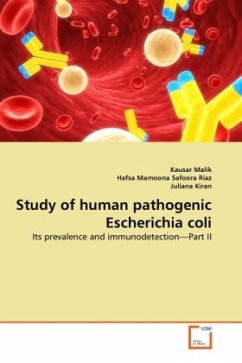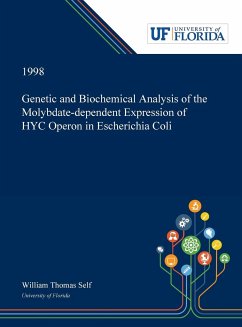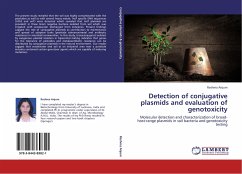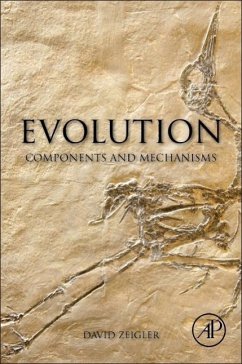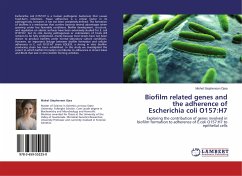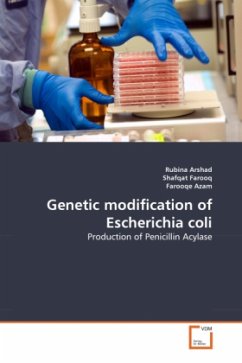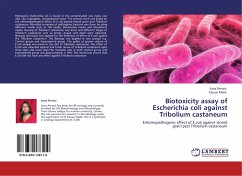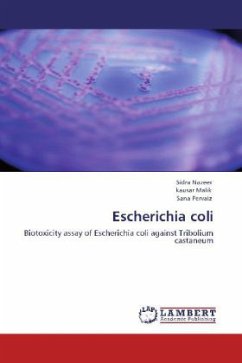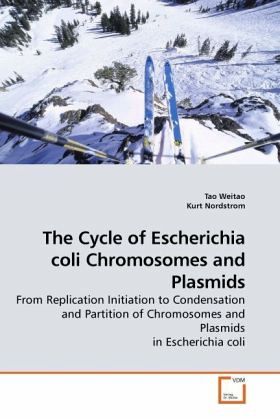
The Cycle of Escherichia coli Chromosomes and Plasmids
From Replication Initiation to Condensation and Partition of Chromosomes and Plasmids in Escherichia coli
Versandkostenfrei!
Versandfertig in 6-10 Tagen
32,99 €
inkl. MwSt.

PAYBACK Punkte
16 °P sammeln!
This PhD project, directed by Dr. Kurt Nordström, the member of the Swedish Nobel Prize Committee, aimed to challenge a question that had long lingered in the field of bacterial cell cycle over the 20th century. Cell cycle essentially entails genome replication, condensation, partition and cell division. These events are encoded by multiple genes. The coordinated functions of these genes ensure the astonishing accuracy and rhythm of the events, reflecting precise control mechanisms. Although genetic studies with a gram-negative bacterium Escherichia coli established a cornerstone for molecula...
This PhD project, directed by Dr. Kurt Nordström, the member of the Swedish Nobel Prize Committee, aimed to challenge a question that had long lingered in the field of bacterial cell cycle over the 20th century. Cell cycle essentially entails genome replication, condensation, partition and cell division. These events are encoded by multiple genes. The coordinated functions of these genes ensure the astonishing accuracy and rhythm of the events, reflecting precise control mechanisms. Although genetic studies with a gram-negative bacterium Escherichia coli established a cornerstone for molecular biology, mechanisms behind the cell cycle are poorly understood. This work, aimed at these mechanisms, studies roles of three genes and the proteins, IciA, MukB and SeqA, in control of the cell cycle events. This work contributes to revealing that MukB and SeqA, together with the other topoisomerases, maintain correct degree of superhelicity, which is crucial for replication initiation, replicon location, nucleoid partition, and, indirectly, cell division.



